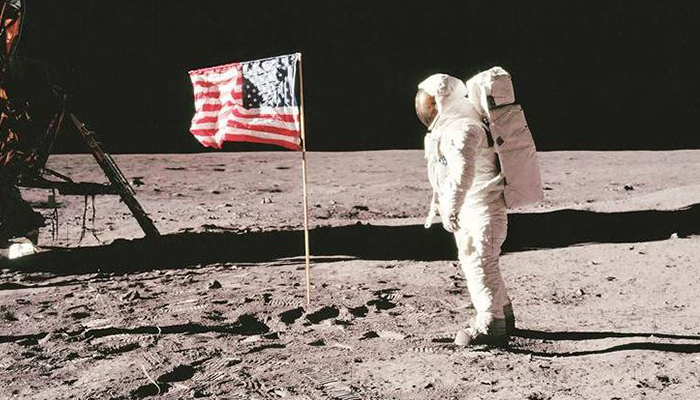
China and India were the first to land on the moon, while Russia, Japan, and Israel were left behind. Now, more than five decades after the Apollo program ended, two private companies are hustling to get the United States back in the game.
It’s part of a NASA-backed effort to jumpstart commercial moon deliveries as the space agency focuses on returning astronauts to the moon.
“They’re scouts going to the moon ahead of us,” said NASA Administrator Bill Nelson.
Astrobotic Technology and Intuitive Machines will attempt the first US moon landings in 52 years
Astrobotic Technology of Pittsburgh will launch a lander on Monday aboard a brand new rocket, the United Launch Alliance’s Vulcan. Intuitive Machines of Houston plans to launch a lander with SpaceX in mid-February.
Japan, meanwhile, will attempt to land in two weeks. The Japanese Space Agency’s lander with two toy-sized rovers got an early start, sharing a September launch with an X-ray telescope that remained in orbit around Earth.
Landing without crashing is a difficult task. There isn’t much atmosphere to slow spacecraft, and parachutes are obviously ineffective. That means a lander must use thrusters to descend while navigating dangerous cliffs and craters.
Last April, a Japanese millionaire’s company, ispace, had its lander crash land on the moon, followed by Russia’s crash landing in August. A few days later, India triumphed near the south polar region; it was the country’s second attempt after crashing in 2019. In 2019, an Israeli non-profit also collided with the moon.
Since the last of 12 moonwalkers, Gene Cernan and Harrison Schmitt of Apollo 17, explored the gray, dusty surface in December 1972, the United States has not attempted a moon landing. As the space race between the United States and the Soviet Union came to an end, Mars beckoned and the moon receded in NASA’s rearview mirror. The United States followed with a couple of lunar satellites, but no controlled landers—until now.
Astrobotic and Intuitive Machines are vying not only to end America’s moon-landing drought but also to be the first private entity to land—gently — on the moon.
Despite its later launch, Intuitive Machines has a more direct shot and should land within a week of takeoff. Astrobotic will take two weeks to reach the moon and another month in lunar orbit before attempting a landing on Feb. 23.
If there are rocket delays, which have already halted both missions, either company could arrive first.
